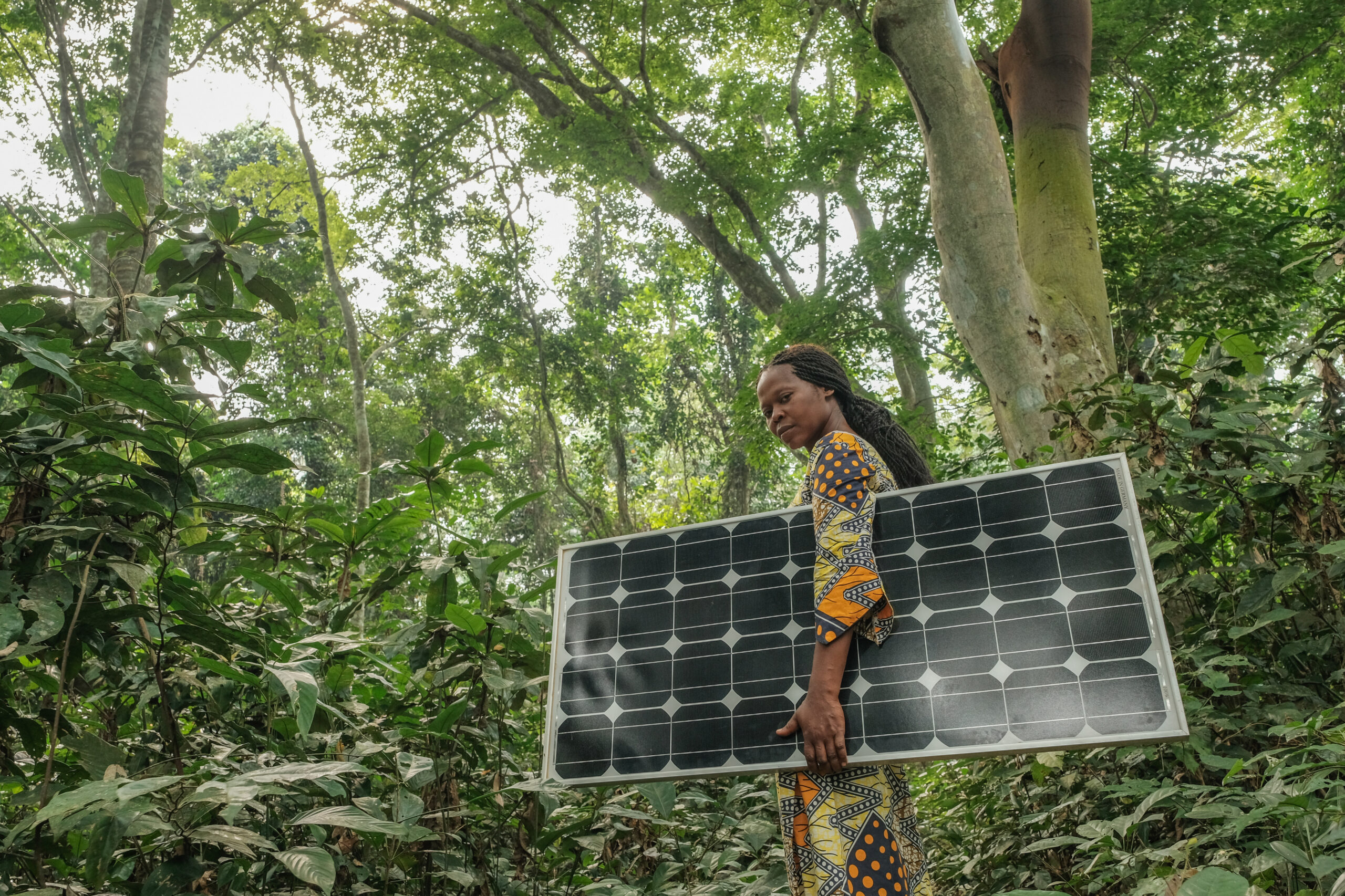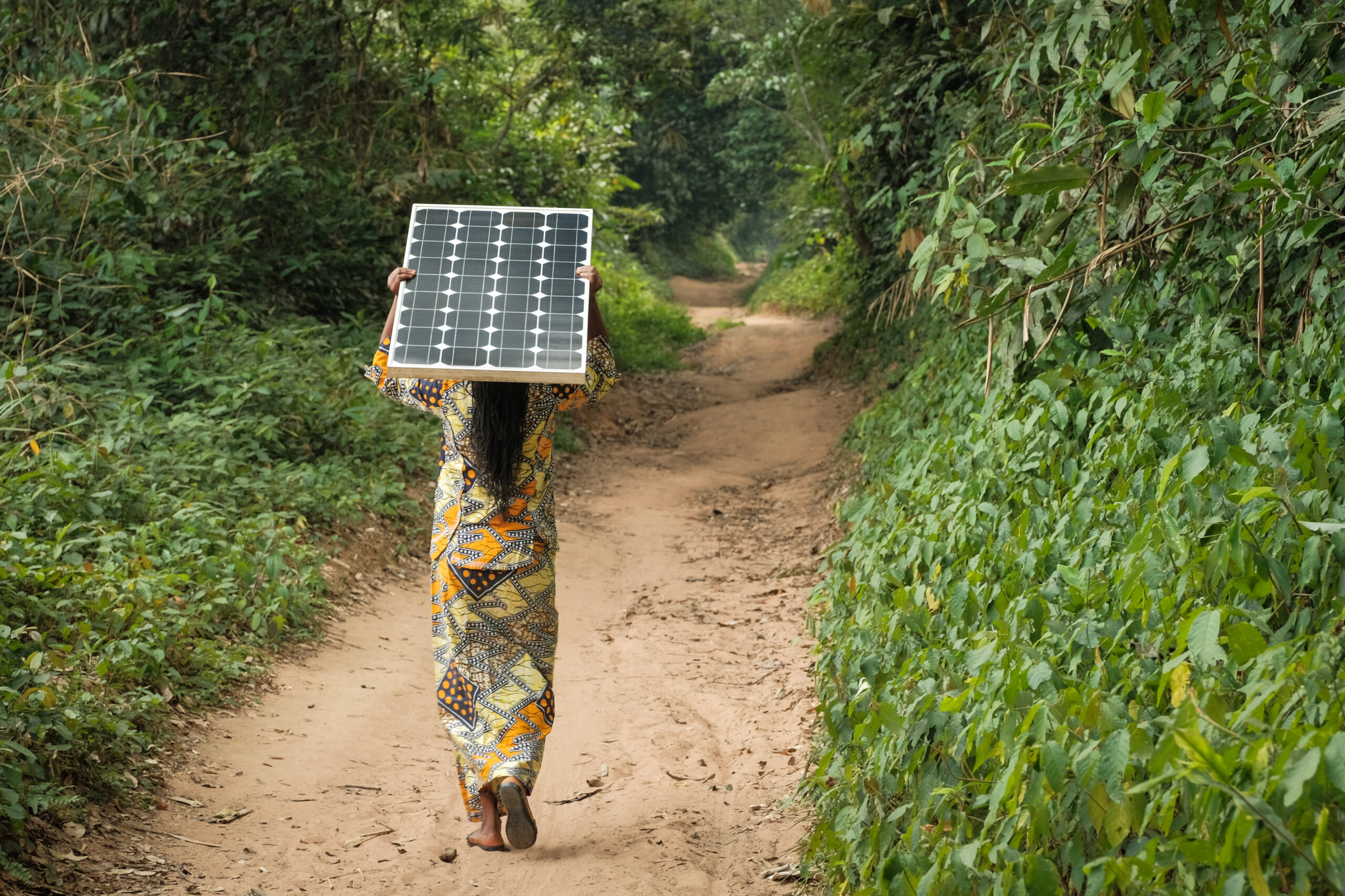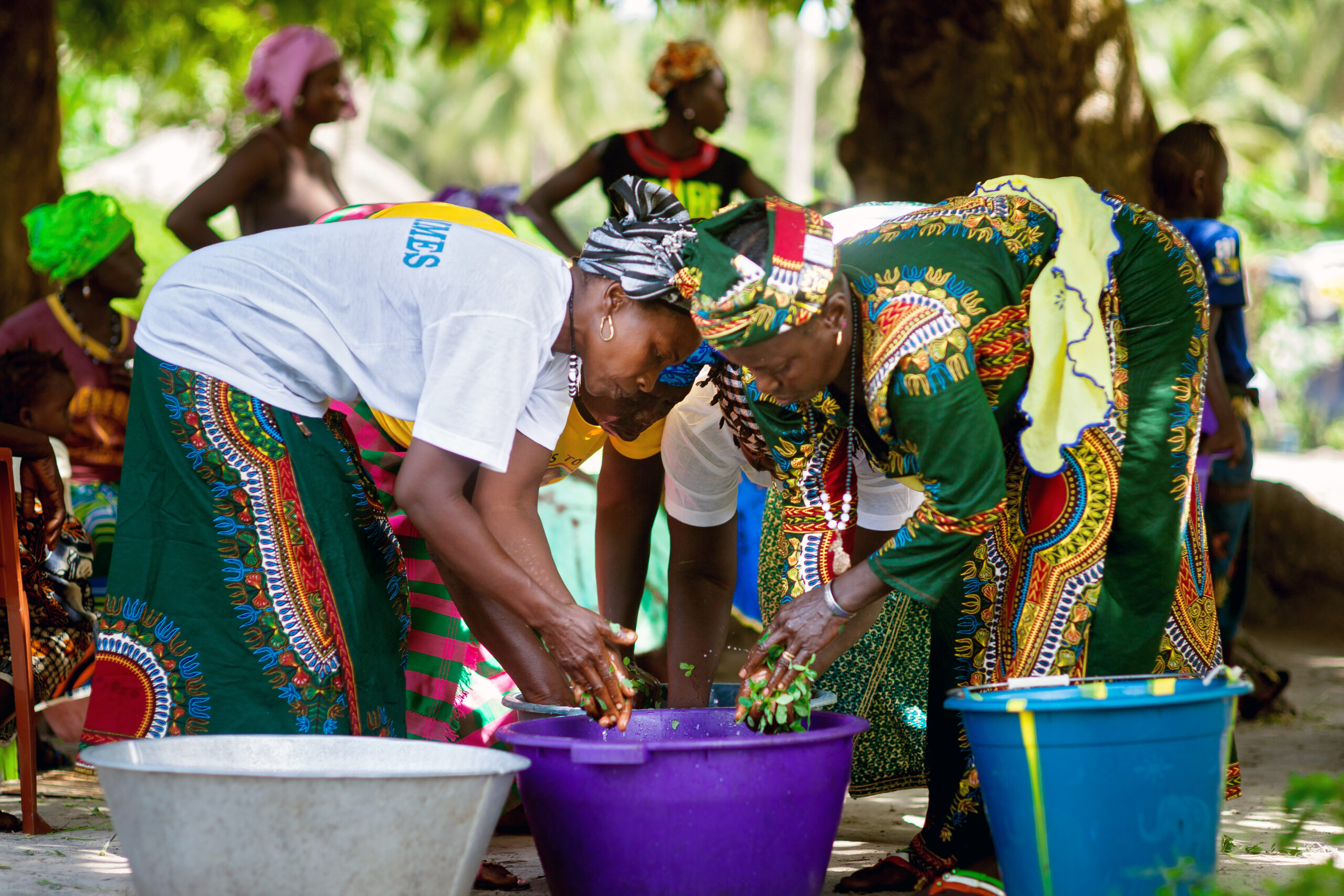
Powering Equity: Celebrating the International Day of Clean Energy
26 January 2025
Today, on the International Day of Clean Energy, we highlight the urgent need for an inclusive and equitable energy transition, aligned the 7th sustainable development goal; Ensure access to affordable, reliable, sustainable and modern energy for all
The Clean Energy for Development Call to Action (CEDCA), supported by the International Development Research Centre (IDRC), is a step towards ensuring that clean energy solutions benefit all, particularly marginalised groups who are often left out of global climate initiatives.
The Urgency of a Just Clean Energy Transition
The transition to clean energy is not just about reducing carbon emissions—it’s about rethinking who benefits from the transition. For too long, marginalized communities have faced energy poverty while wealthier nations and corporations shape the agenda. Without proactive interventions, the shift to low-carbon economies could deepen existing inequalities.
“We see clean energy as the golden thread between economic development, social inclusion, and environmental protection,” says Erin Tansey, Director of Sustainable Inclusive Economies at IDRC. This means that investing in clean energy must also mean investing in communities, jobs, and justice.
CEDCA’s Approach: Connecting Knowledge, Investment, and Action
CEDCA takes a systems-level approach to clean energy development by integrating research, policy engagement, and financial innovation. With 12 research projects spanning 27 countries, the initiative seeks to ensure that clean energy solutions advance sustainable energy access, promote green jobs, and enhance gender equality in the energy transition.
One of the key pillars of CEDCA’s work is generating evidence to inform policies and investments. This includes:
- Conducting baseline studies and policy analyses to understand barriers to clean energy adoption.
- Evaluating the impact of financial models that support women and youth-led clean energy enterprises.
- Developing knowledge-sharing platforms that facilitate South-South collaboration.
The Role of Clean Energy in Economic Empowerment
Access to clean energy is not just about sustainability; it is about economic empowerment. Millions of people in low-income communities still rely on expensive and polluting energy sources, limiting their economic opportunities. Clean energy solutions, such as solar microgrids, energy-efficient cookstoves, and wind power, can transform livelihoods, improve health, and create new job markets.
A major focus of CEDCA is the promotion of clean energy enterprises led by women and youth. By fostering financial inclusion, capacity-building, and entrepreneurship in the renewable energy sector, CEDCA ensures that these groups are not just passive beneficiaries but active contributors to the green economy.
Breaking Down Barriers: Policy and Financial Innovation
One of the significant barriers to clean energy adoption in developing regions is financing. Many small businesses and households struggle to access credit for renewable energy solutions due to high upfront costs. CEDCA is working to address this by developing innovative financing models, such as microfinance, pay-as-you-go solar models, and blended finance mechanisms that reduce investment risks.
Moreover, policy coherence is essential to scaling up clean energy access. Many countries still lack regulatory frameworks that incentivize clean energy adoption. CEDCA collaborates with policymakers, researchers, and industry leaders to create evidence-based policies that encourage investment in sustainable energy solutions.;
“By ensuring better-aligned policies and investments, we can accelerate the transition to low-carbon economies that work for everyone,” says Duggan.
Strengthening Collaboration for a Sustainable Future
One of CEDCA’s key contributions is fostering South-South collaboration. Many successful clean energy initiatives have emerged in Latin America, Africa, and Asia, and sharing knowledge across these regions is crucial for scaling up solutions. Through research networks, policy dialogues, and cross-country learning exchanges, CEDCA ensures that best practices are widely shared and implemented.
From Research to Policy Impact
One of the critical gaps in climate research has been the disconnect between policymakers, investors, and communities on the ground. CEDCA seeks to bridge this gap by fostering dialogue between these stakeholders;
“Often, research provides recommendations for national policymakers or investors, but we rarely see them in conversation with each other,” Duggan explains. By creating spaces for these discussions, CEDCA helps translate research into actionable policies and investments that drive a just energy transition.
A major focus is on developing financing mechanisms that de-risk investments in clean energy initiatives. By working with policymakers, CEDCA is advocating for regulatory frameworks that incentivize sustainable energy investments and ensure they benefit local economies.
Looking Ahead: A Call for Inclusive Energy Action
As we mark the International Day of Clean Energy, the message is clear: clean energy must be accessible, inclusive, and just. Initiatives like CEDCA demonstrate that meaningful change is possible when research, policy, and community voices come together. Watch this video to learn more about IDRC’s aspirations for the CEDCA initiative.
blog
Credit: Formation, Recherche, et Environnement dans la Tshopo (FORETS), Democratic Republic of Congo by Axel Fassio/CIFOR via Flickr, CC BY-NC-ND 2.0 https://flic.kr/p/M4bV7G

T20 Side Event: Powering change: Women, youth, and the clean energy revolution
Thursday 12 June 2025
Watch again In this virtual panel event, we will bring together experts from various regions to address a critical challenge of our time: ensuring that women and youth are not left behind in the global transition to clean energy. Gender equity needs to be at the centre of clean energy policies or women will become […]
Woman carrying a solar pannel near Yangambi, DRC. Axel Fassio/CIFOR via Flickr. CC BY-NC-ND 2.0 https://flic.kr/p/286BAUy

Powering Change: The Critical Role of Women and Youth in Sustainable Energy Transformation
9 April 2025
How do we build economic systems that recognise and work within the biophysical limits of our finite planet while simultaneously reducing poverty and inequality? This has become a defining question of our time, and the global transition to clean energy is increasingly considered an important vehicle via which we might address this ‘trilemma.’ Concerns about […]
Guinea - Rural Women's Cooperative Generates Income and Improves Community Life by UN Women via Flickr. CC BY-NC-ND 2.0 https://flic.kr/p/Pqdj5s

Experts call on G20 leaders not to leave women and children behind in the clean energy transition
17 June 2025
As global challenges in clean energy adoption intensify, a compelling conversation unfolded during a virtual panel event, “Powering Change: Women, Youth, and the Clean Energy Revolution,” bringing to the forefront the urgent need to prioritise gender and youth inclusion in the clean energy transition. This event was hosted as an official side event for the […]

